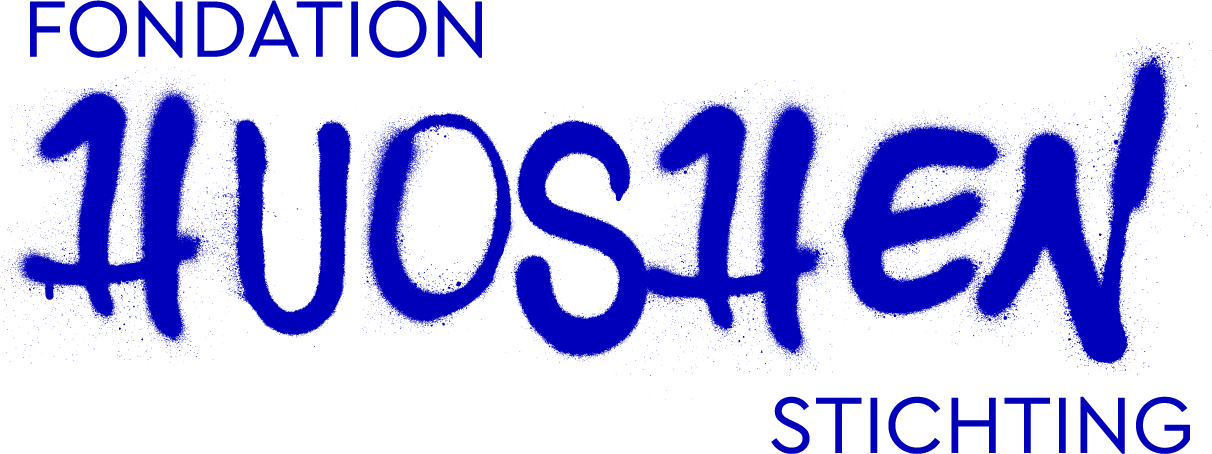Each psychophysical activity is different, and each has its own strengths and limitations. Not every program suits everyone, or is even desirable or possible. Still, there are aspects proper to almost any psychophysical activity, no matter how much emphasis they get. On this page, we zoom in on some of these aspects: breath power, focus and concentration, reflection, and metaphors and language.
Breath >
Focus on the breath brings a world of change. By doing physical exercises with a focus on the breath, one experiences the direct impact of the breath on the body and the mind. When breathing is high in the chest and short, you tend to react impulsively; when you bring it down, you naturally stand strong and feel calm, and thus less impulsive, less influenced by others and peer pressure, …
For example, the exercise where the participants should keep the breath high in the chest. You push them and they fall down or bump against the wall. But if they breathe low, in their bellies, and slightly bend their knees, they stand strong without too much effort. If you then push with the same strength, they might not even move, or just take a small step backwards. They experience that if they use their breath well, that they stand strong. Not only physically, but also mentally strong. By quietly breathing, you become calm yourself, and you take better decisions. You can explain that on paper, but you can also let them physically experience it, feel it, in a playful exercise. (Rock and Water trainer)
When this insight permeates in their daily life, a big step is taken.
Focus >
One of the direct tangible benefits of body-oriented work is focus and attention. No sports, no physical exercise, no physical perception can happen without any kind of focus. Focus on the body and the bodily sensations in the first place, but also focus on the others. Imagine a football match without focus on the game, on the own contribution, on the other players! Body-based work – be it individually or with others is – always requires focus. And that focus is useful in everything you do in everyday life.
Reflection, language and metaphors >
After or during the physical activity – sometimes formally built in, sometimes informally – there is a reflection moment. Sensation and emotions experienced in the activity are briefly expressed and discussed. This in turn contributes to the awareness-raising process. Sometimes there is a deeper reflection on the experiences, but generally the verbal interventions are rather short, in between the many non-verbal action moments. The verbal aspect is only functional, not an aim in itself, but a means to the ‘on the spot’ articulation of experiences or emotions.
During such a session we are talking, but we talk about something we do or just did. That makes the difference! Questions like “How do you feel today?” are far too difficult for young people, and even invoke resistance. (psychomotor therapist)
Without reflection, the psychophysical practice risks to reain only ‘physical’. It is exactly this verbalising that renders the experience or action more conscious. And it is this consciousness that facilitates the transfer to situations outside the learning context.
But language is just language, and personal experiences are not always easily expressed by our common language. The use of metaphors and figurative language facilitates this articulation of experiences and insights: the rock and water jargon, animal names in yoga postures, expressions about the physical body,…
What I also often use to increase body awareness related to emotions are expressions that deal with these emotions: I have something on my liver, I feel heavy in the stomach, my body feels heavy, I have a heartache… These expressions really articulate what you feel in the body, and where, and indicate the close relation to the body and emotions. (dance therapist)
Also language and images that join in with the daily life of the youth are very rewarding to work with:
We work with images such as the ‘Monkey Mind’, to indicate a state of mind when our thoughts are scattered; ‘error messages’ when our demons are once again too critical for ourselves, telling us what we do wrong, how inadequate we are. These are expressions that young people understand very well. (mindfulness trainer)
If reflection in words is too difficult, also poems (or just single words), music or paintings can be used to express feeling, thoughts, or an atmosphere.



